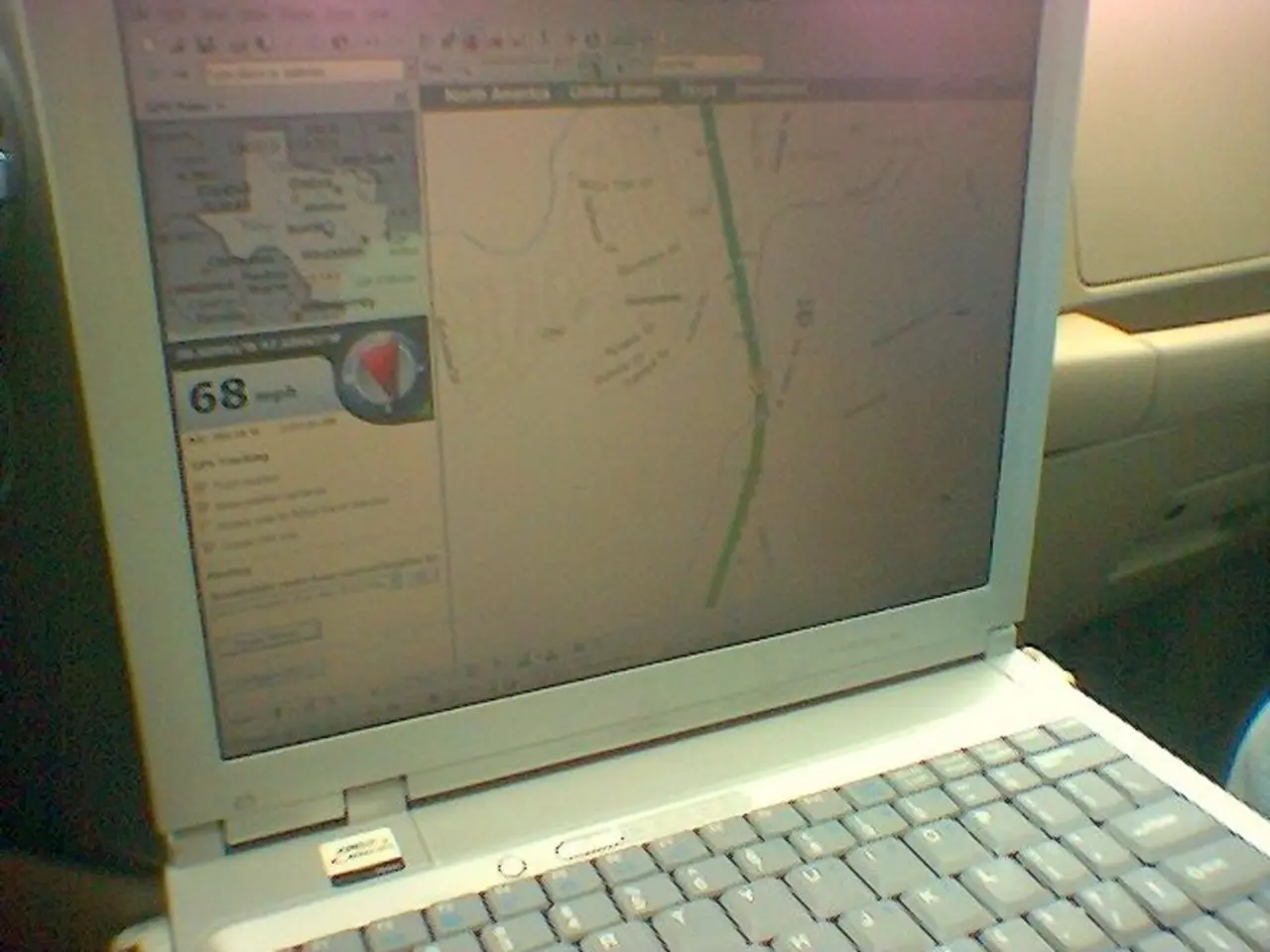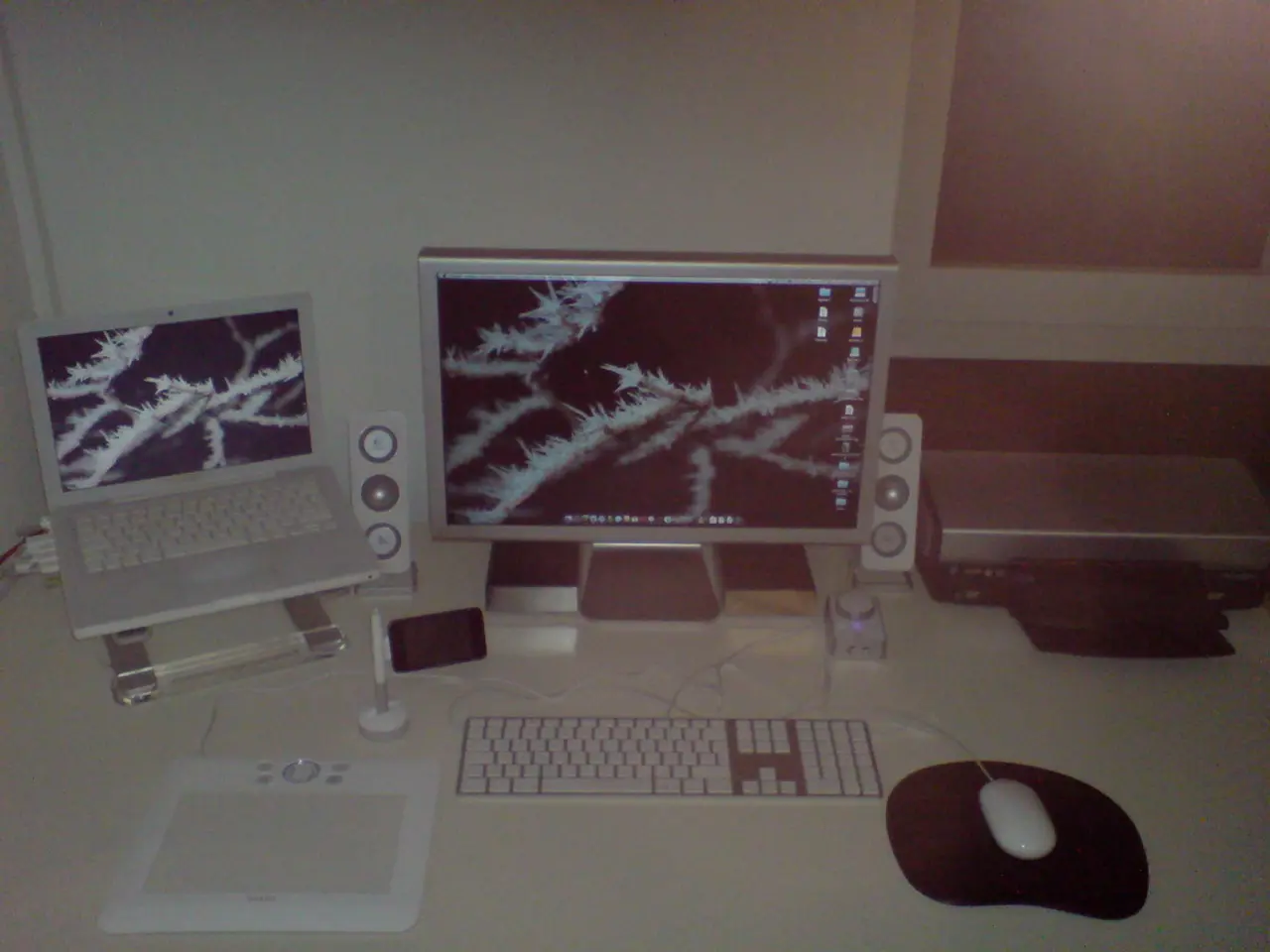Solar-powered refrigerated trailers venture partnered through a contract between our company and CHEREAU, marking their entry into this specific market.
In a groundbreaking move, Sono Group N.V. (OTCQB: SEVCF) and CHEREAU S.A.S. have joined forces to revolutionise the mobility sector by producing solar-powered refrigerated trailers. This collaboration, a testament to the technical and economic feasibility of integrating customised solar solutions for high volume series refrigerated trailers, is set to redefine the commercial transport logistics industry.
The solar-powered refrigerated trailer, boasting 58.9 square metres of solar panels, is currently undergoing a several-month-long field trial by a CHEREAU customer in France. This trial aims to evaluate the trailer's performance and potential benefits in real-world conditions.
Technical Feasibility
The solar solution, developed by Sono Group's solar business unit, Sono Solar, employs a low-voltage solar charge controller designed to integrate seamlessly with existing 48V battery systems on refrigerated trailers. By powering the refrigeration unit directly, the system reduces dependency on diesel or external energy, promoting quieter and emission-free operation, and extending the life of refrigeration components.
The system's architecture is specifically engineered for refrigerated trailers, ensuring compatibility and practical deployment without compromising operational requirements. Sono Solar's technology is suitable for integration into both existing vehicles and production-ready development and integration into new vehicles during the production phase.
Economic Feasibility
Operators stand to achieve a return on investment (ROI) between 3 to 5 years by reducing fuel and energy consumption with solar power. The solution reduces operating costs through lowered fuel expenses and maintenance needs due to less wear on refrigeration components. The demonstrated solar power capacity (4.5 kWp) meaningfully offsets energy usage, making it a financially viable solution for fleets targeting sustainability and cost efficiency.
Industry Trends and Impact
This solar integration aligns with broader industry trends favouring electrification and renewable energy within commercial transport logistics, particularly for refrigeration units, which are key in the food supply chain. Onboard renewable energy generation, enabled by integrations like this, helps address increasing electricity demand and grid strain by reducing reliance on grid power or fossil fuels during vehicle operation.
Looking Ahead
Sono Solar has already signed more than 17 commercial contracts with notable companies such as MAN, easymile, and the Munich Transport Company (MVG). The solar-powered refrigerated trailer will debut at IAA Transportation 2022. Sono Solar's mission remains steadfast: to make every vehicle a solar vehicle.
The market for refrigerated trailers is expected to grow strongly due to increasing demand for medicine, deep-frozen products, and fast food. Sono Solar's technology, known for its polymer-based solar technology, is poised to counter rising fuel costs and CO2 emissions with its efficient solar technology for refrigerated trailers.
The solar integration on the trailer provides an additional 9.8 kW peak of energy, potentially saving approximately 3,400 litres of fuel per year per vehicle. The partnership between Sono Group and The Reefer Group, an international leader in refrigerated bodies, extends the number of total partners of Sono Solar's Solar business unit to more than 17 globally.
In summary, the Sono Group and CHEREAU S.A.S. collaboration confirms that customised solar solutions for refrigerated trailers are both technically workable and economically beneficial, offering fleet operators a sustainable option with a solid ROI within typical equipment lifecycles.
The solar-powered refrigerated trailer, undergoing a field trial, showcases the potential of environmental-science applications in the industry, especially in the food supply chain. With the technology's capacity to reduce fuel and maintenance costs while offering a ROI between 3 to 5 years, it further demonstrates the intersection of finance and technology, making it an attractive choice for environmentally conscious businesses in the industry.




